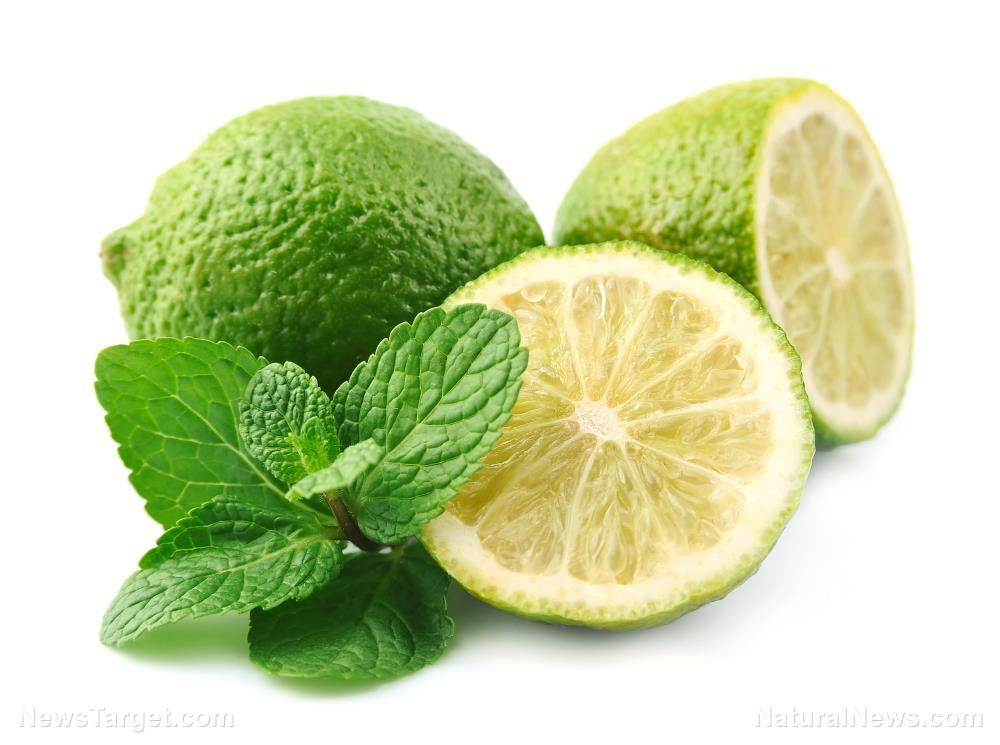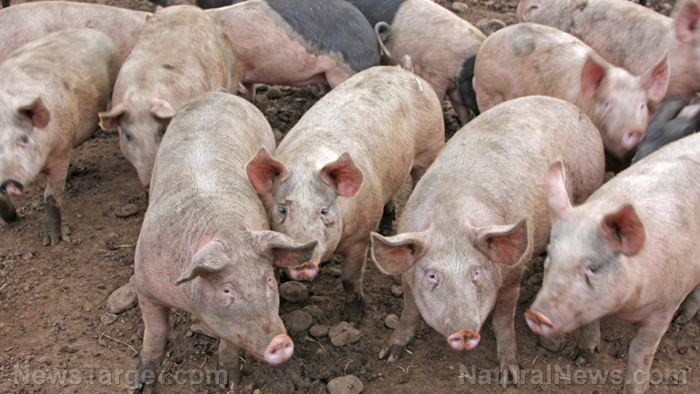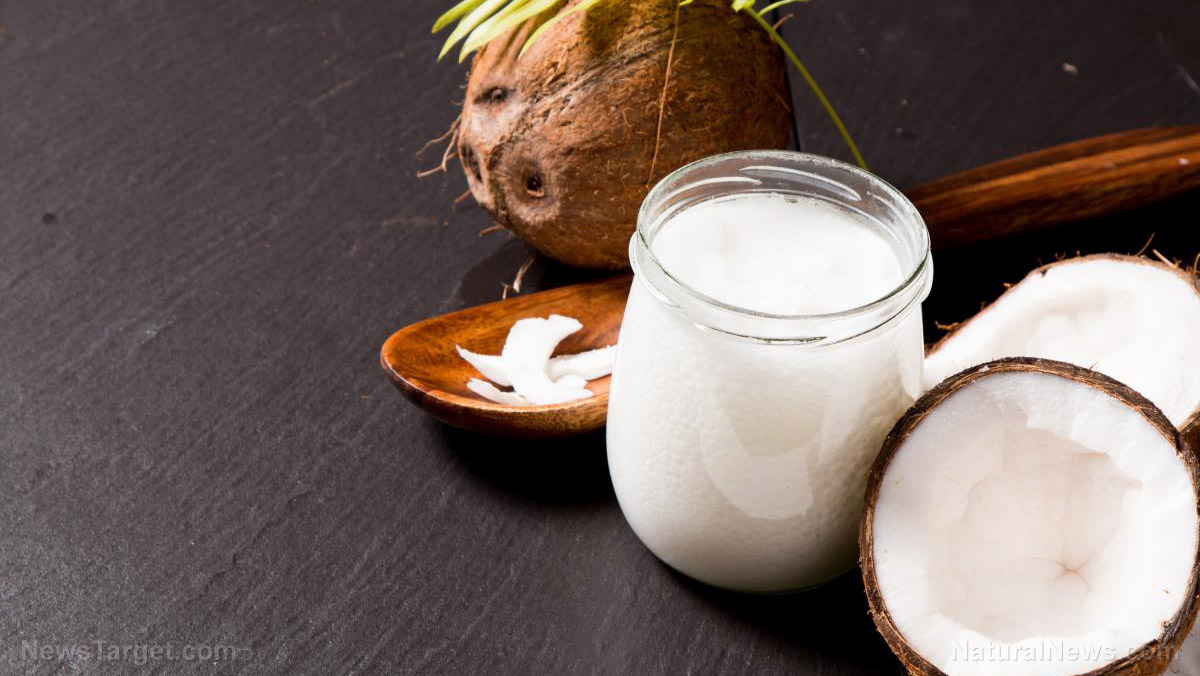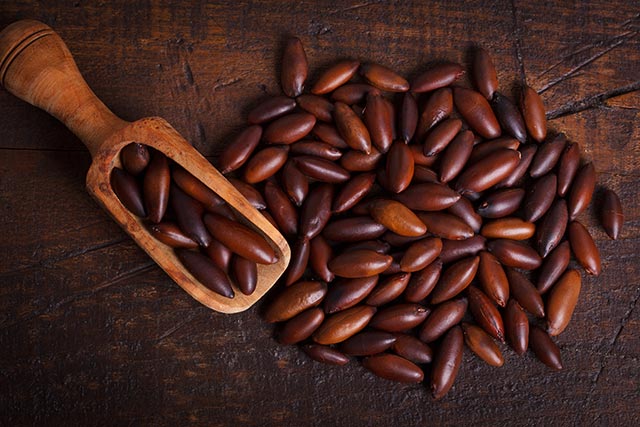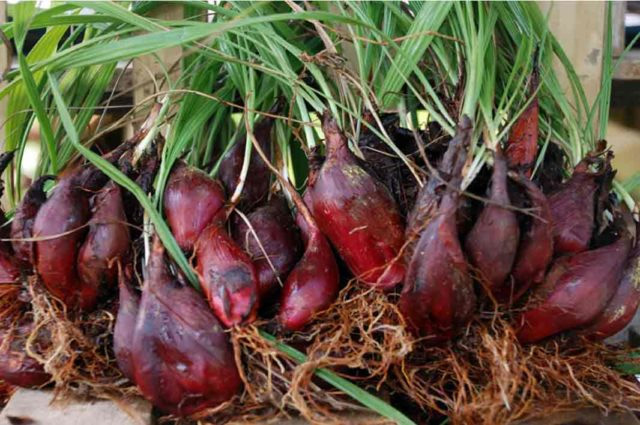Shellfish and tea? Compounds found in both protect you from a progressive form of nonalcoholic fatty liver disease
10/24/2018 / By Edsel Cook

Sipping tea in between mouthfuls of taurine-rich shellfish sounds like a strange combination. However, Chinese researchers say this is an excellent way to protect your liver from certain diseases. Their new study shows that the combination of taurine and tea polyphenols can prevent the onset of nonalcoholic steatohepatitis (NASH).
NASH is the progressive form of nonalcoholic fatty disease (NAFLD), where lipids and fats accumulate in the liver even though the patient is not a heavy drinker. The disease causes inflammation, swelling of liver cells, and mixed inflammatory cell infiltration. Furthermore, it is connected to hepatic fibrosis and cirrhosis and can potentially lead to liver cancer.
The disease is prevalent in 15 percent of the population in China’s developed areas. In the U.S., it is the leading cause of liver transplant cases.
Antioxidative drugs are used to treat NASH and other forms of NAFLD that involve hepatic inflammation. While berberine, silybin, vitamin E, and other antioxidative treatments are able to reduce steatosis, they are apparently unable to alleviate inflammation.
Taurine is involved in important biological processes in the liver and other organs. Easily absorbed from marine fish and shellfish, it has been identified as an effective means of alleviating NAFLD symptoms such as steatosis and inflammation.
However, taurine is not as effective on NASH as it is on NAFLD. It must be combined with antioxidative drugs to achieve the full effect on the progressive liver disease.
Tea polyphenols (TP) are natural antioxidants found in their namesake drink. Previous studies have shown their therapeutic effect on fatty liver disease. Their drawback is that they are not fat-soluble and therefore cannot penetrate liver cell membranes. (Related: Early stages of schizophrenia can be treated with nutrients found in Brussels sprouts, shellfish, and oranges.)
Chinese study devise lipid-soluble tea polyphenols for better liver detoxification
Researchers from the General Hospital of People’s Liberation Army (301 Hospital) were looking for new ways of treating NASH patients. They proposed turning water-soluble TPs into a lipid-soluble form that can be absorbed by liver cells.
Furthermore, they decided to investigate the potential of combining taurine with TP on rats with high-fat diet-induced NASH. The researchers intended to compare the results with standalone treatments and see if the two substances were more effective when taken together.
They prepared solutions of taurine, water-soluble and lipid-soluble tea polyphenols for an animal model experiment. Rats in the normal group were given a normal diet for 12 weeks and the others received a high-fat diet with lard and cholesterol to simulate NASH.
A number of the NASH rats also received different treatments for eight weeks. They were administered taurine, water-soluble TP, lipid-soluble TP, taurine and water-soluble TP, or taurine and lipid-soluble TP.
At the end of the 12-week trial, the rats were weighed before being sacrificed. Researchers took blood samples and extracted livers for analysis. They assessed serum transaminase activity, the levels of total cholesterol, triglyceride, and “bad cholesterol,” stress levels caused by lipid peroxidants, and steatosis and inflammation levels.
Study shows taurine and tea polyphenols work better together against NASH
Based on the results of their experiment, the 301 Hospital researchers reported that the combination of taurine and tea polyphenols offer an effective treatment for NASH. Furthermore, the combination was much more effective than taking taurine or TPs alone.
They also reported that these therapeutic compounds were able to alleviate NASH because they improved factors involved in the disease’s development. By removing oxidants from the liver and stabilizing the microbial population in the gut, taurine and/or TPs were able to ameliorate the progress of the disease.
For future investigations, the researchers recommend refining the means of preparing taurine and tea polyphenols. Potential studies should also look into possible adverse effects of the compounds on NASH patients.
Sources include:
Tagged Under: antioxidants, food as medicine, food cures, liver cleanse, liver detox, liver disease, natural cures, natural medicine, non-alcoholic fatty liver disease, nonalcoholic steatohepatitis, polyphenols, taurine, tea polyphenols

